Israel Is Leading the World in COVID-19 Vaccination. But Palestinians Aren’t on the List
Israel, which has already vaccinated more than 2 million of its citizens, is ramping up COVID-19 shots to 250,000 per day, meaning most Israelis over the age of 16 are on track to have two doses by the end of February.
But even as the country wins plaudits for the world-leading pace of its vaccine rollout, its government is facing rising criticism for excluding millions of Palestinians from the program.
Some 75% of citizens over the age of 60 have been inoculated so far, including Palestinian (or “Arab Israeli”) citizens of Israel and occupied East Jerusalem, and Israelis living in illegal West Bank settlements.
Not included, however, are more than 4.5 million Palestinians living under Israel’s direct or indirect military control in the West Bank and Gaza. Gerard Rockenshlaub, the head of the World Health Organization Office for the occupied Palestinian territory told TIME on Jan 13 that “unequal access to essential vaccines is hardly anywhere as visible as it is in this particular context.”
Israel has a “duty” to vaccinate Palestinians, the Palestinian Authority said in a statement it released on Jan 10. Not doing so constitutes “racial discrimination against the Palestinian people and a denial of their right to healthcare.”
In a Jan. 14 statement, The UN’s body for human rights also called on Israel to ensure swift and equitable access to the COVID-19 vaccine for the Palestinian people, in accordance with its responsibilities as an occupying power under the Geneva Convention.
Israel’s successful vaccination rollout can be credited to a combination of its small size, its strong public healthcare system, and its early acquisition of vaccines. But critics also point to the fact that Prime Minister Benjamin Netanyahu—who is facing a criminal trial on three criminal charges and months of protests over his handling of the economy—is in dire need of a political win ahead of an unprecedented fourth election in two years slated to take place in March.
Here’s what to know about Israel’s vaccination program, and how its reputation—and efficacy—could be undone if Palestinians are not inoculated too:
Why has Israel’s vaccination rollout been so successful?
As of Jan. 14, more than 20% of Israeli citizens had been given the shot. The UAE came in next at around 10%, of its population, while the U.K., the U.S., and Denmark all hovered around the 2% mark. Vaccine hesitant countries like France, where surveys indicate that only 40% of people intend to get the jab, are far further behind.
Vaccine hesitancy based on misinformation and conspiracy theories was also an issue in Israel. But the Health Ministry’s multi-channel public information campaign—including Netanyahu receiving the country’s first shot on live television—and outreach to minority community leaders such as Ultra-Orthodox rabbis helped create a consensus, says the Chief Medical Officer for the Israel Defence Forces (IDF) Col. Dr. Tomer Koler. “In the end, I think all the groups will be vaccinated because they want to be,” he tells TIME.
Collaboration between the military and Israel’s strong public healthcare system is another factor in the efficiency of Israel’s COVID-19 response, Koler says. “The IDF and the medical corps and the homefront command are intertwined with civilian life in Israel,” he says, adding that the IDF called up and trained 700 reservist medics to support the government-funded healthcare providers with the program. Israel’s small geographical size—barely bigger than New Jersey by pre-1967 borders—helps too when it comes to transporting the Pfizer shot, which has to be kept at minus 75 degrees Celsius (about minus 103 degrees Fahrenheit).
How did Israel get so many vaccines so quickly?
That’s down to a deal Israel’s government struck with U.S. pharmaceutical giant Pfizer, Netanyahu revealed on Jan. 7. Under the deal, Israel gets 10 million doses of the BioNtech-Pfizer vaccine in return for sharing anonymized biometric data on who receives it and how it affects them, Politico reports. Israel’s public broadcaster also reported that its government paid more than other countries for BioNtech-Pfizer and Moderna vaccines—at an average of $47 per person for the two-dose inoculation. The Washington Post reported in December that the US was paying Pfizer/BioNTech $19.50 per dose while the EU was paying $14.76.
Despite Israel’s economic woes, the reported premium has drawn scant pushback. ”Maybe it was more expensive, but it was worth paying for,” says lawmaker Nitzan Horowitz, leader of Israel’s left-wing Meretz party, “I think that is something we all agree on.” Where Horowitz does disagree, is on Israel’s responsibilities: vaccinating Palestinians in the West Bank after Israelis is “our moral obligation,” he says. Israeli rights organization Rabbis for Human Rights has similarly argued that Israel has a “moral imperative” to vaccinate Palestinians, especially in Gaza.
Does Israel have a responsibility to inoculate Palestinians?
According to the U.N., it does. Israel first occupied the West Bank and Gaza during the war with its Arab neighbors in 1967. Its military withdrew from the Gaza Strip in 2005—which has since 2007 been governed by the militant group Hamas—but it continues to control the movement of goods in and out of the territory via an air, land, and sea blockade.
When Gazans were under full lockdown this summer, for example, Israel restricted fuel supplies in response to rocket attacks Hamas launched against Israel. That amounts to “collective punishment” of Palestinians, says Miriam Marmur, spokesperson for the Tel Aviv-based rights group Gisha, “which plunged people into darkness most hours of the day.”
Some commenters—and Israel’s coordinator of government activities in the occupied Palestinian territories, COGAT—have argued that Israel is not responsible for the health of Palestinians because the Oslo Accords, the historic agreements Israel signed with the Palestinian Liberation Authority in the early 1990s, give the Palestinian Authority oversight of public health under the principles of self-determination.
“It’s important to mention that Israel has not denied any request for medical assistance that has reached its doorstep,” a spokesperson for COGAT told Al Jazeera for a story published on Jan. 13. Until their public statement on the matter on Jan. 10, Palestinian officials had made contradictory claims on whether or not they had asked Israel for vaccinations.
But Israeli authorities citing the Oslo accords is an example of how they do so “at their convenience,” says Marmur. “In reality, Israel has undermined the ability of the Palestinian Authority and also of the de-facto Hamas Authorities in Gaza to actually take full responsibilities for health as was provided for in the Oslo agreement.” U.N. human rights experts say that the Oslo Accords must be “interpreted and applied consistently with international law, and cannot derogate from its broad protections,” according to the Jan. 14 OCHA statement.
The exclusion of Palestinians from Israel’s vaccination program is “reflective of a system of apartheid,” says Dr. Mustafa Al Barghtoy, a physician and former Palestinian minister who serves on the Palestinian health committee dealing with COVID-19. The injustice is underscored by the fact that hundreds of thousands of Israeli settlers are eligible to receive the vaccine, he says, while their Palestinian neighbors are not. Meanwhile, Israel will be vaccinating prison guards, but not the Palestinian political prisoners they oversee, he adds.
How urgent is the need for vaccinations in the Palestinian territories?
In total, more than 160,000 Palestinians in the occupied territories have tested positive for the coronavirus since March 2020, with more than 1,700 deaths related to COVID-19, according to the U.N’s figures. But those numbers might not tell the whole story: among those who are tested, the rate of infection in the occupied territories is 30%, compared to 7.4% in Israel, says Barghtoy.
Many had feared that COVID would especially devastate the Gaza strip—one of the world’s most densely populated areas, with an ill-equipped health system. As of Jan. 14. Gaza’s health ministry had reported almost 47,000 cases and 464 deaths due to the virus. That’s an alarming number, but still lower per-capita than the more than half a million cases Israel’s Health Ministry reported on Jan. 12.
The impact has in part been mitigated by the international community’s “tremendous” efforts to shore up Gaza’s health system, says the WHO’s Rockenschaub. That includes substantially scaling up the strip’s intensive care unit capacity and mobilizing vital supplies such as oxygen and ventilators. Still, vaccinations are an urgent concern. “The sooner we can move in vaccinating and protecting essential health workers the better,” he says, “because we see quite a substantial number of the health workforce being infected.”
Before the PA formally said Israel is responsible for vaccinating Palestinians, the WHO had informally requested Israel provide vaccinations to inoculate frontline Palestinian health workers. Israel denied that request on the basis of vaccine shortages for its own citizens.
Can Israel achieve herd immunity without inoculating Palestinians?
With the IDF moving throughout the West Bank, and some 130,000 Palestinians working in the settlements or Israel, not making the vaccine available is “counterproductive” in terms of achieving herd immunity, Barghotoy says.
The Palestinian Authority has made efforts to import vaccines independent of Israel. Its health ministry on Jan 11 announced it had given emergency approval to Russia’s Sputnik V Covid-19 vaccine for use in areas it administers under limited Palestinian self-rule; it also says it has struck a deal with AstraZeneca for vaccines it expects to receive in late February. On top of that and the first shipment of vaccines under the WHO’s COVAX program could become available as early as February.
For the next few weeks at least, they will be forced to wait. “Our main concern is really that we can only overcome this pandemic in solidarity and in a collaborative spirit,” says Rockenschaub, “We will either succeed together or we will fail together.”
Fuente de la Información: https://time.com/5930060/israel-covid-vaccine-palestinians/
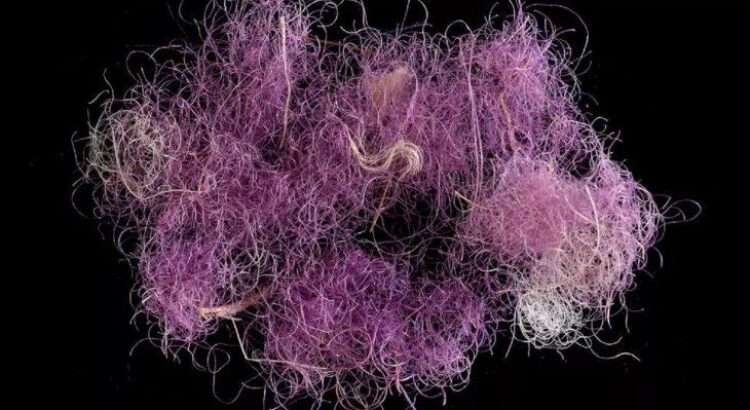
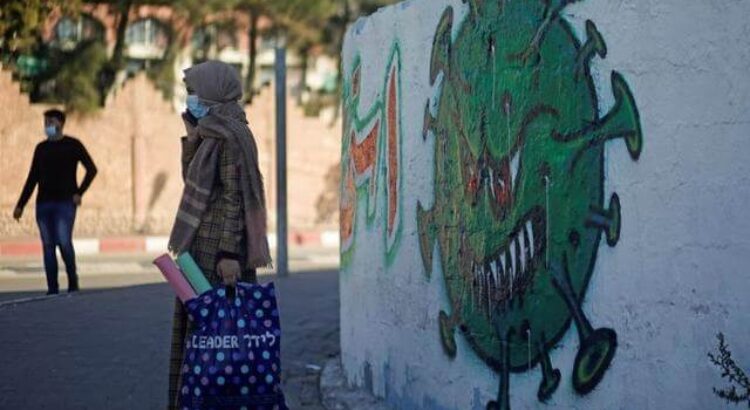
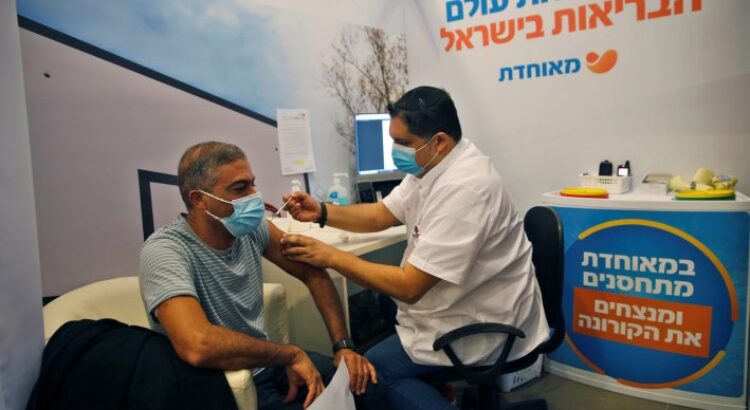
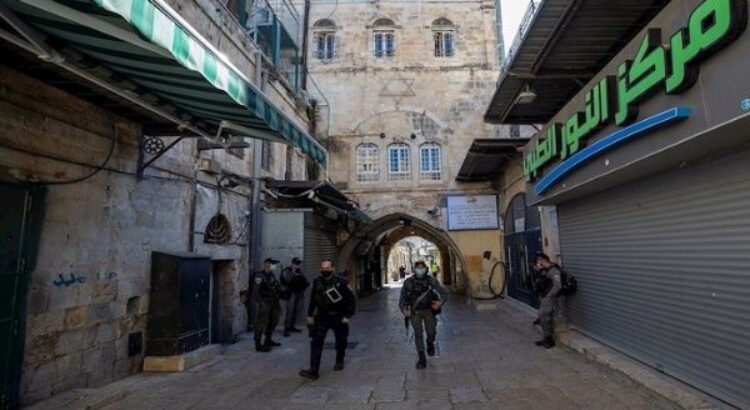
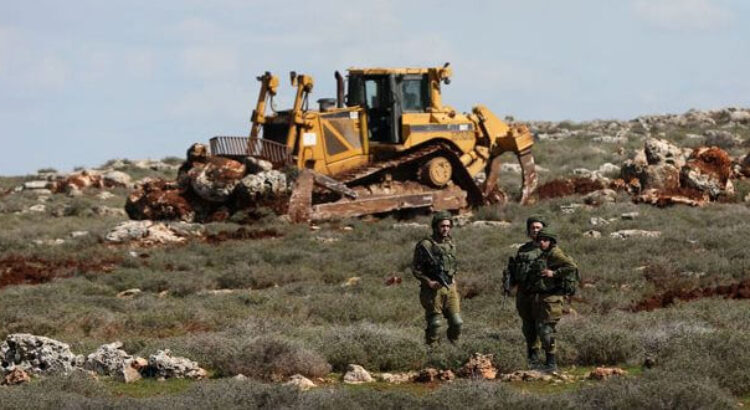
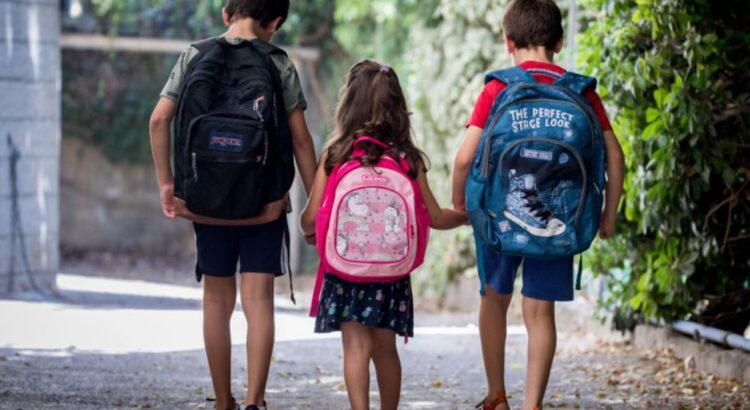
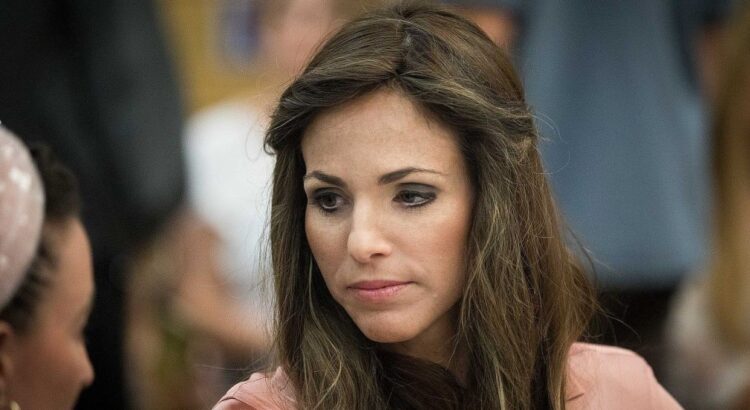






 Users Today : 56
Users Today : 56 Total Users : 35460073
Total Users : 35460073 Views Today : 73
Views Today : 73 Total views : 3418704
Total views : 3418704